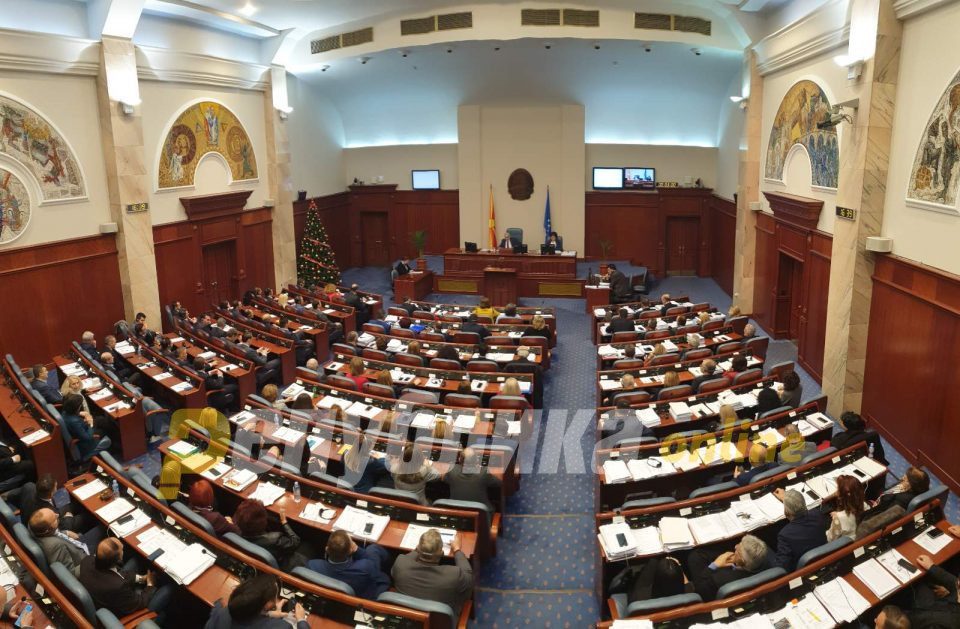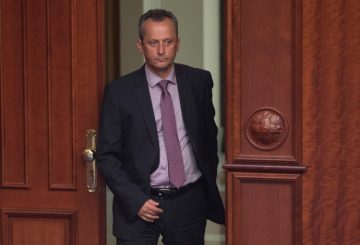The push by the ruling SDSM party to re-convene the Parliament, after it was dissolved in mid February, has sparked speculations about their motives. SDSM got 35 of its members of Parliament, and from its allied parties – excluding DUI – to sign on to a proposal to hold a session of the Parliament, ignoring the fact that it already voted to dissolve. The ostensible reason is to have the members of Parliament confirm the decision by President Stevo Pendarovski to declare a state of emergency, which Pendarovski now extended for an additional month. He acknowledged that the Constitution doesn’t give him that right but signed the order anyway, adding another layer of inconsistency in Macedonia’s current legal situation.
But does re-convening a Parliament that is dissolved – another precedent – make the damage to the constitutional order better or even worse?
One line of thinking behind the push by SDSM and Pendarovski seems to be that they are worried about the legality of the decrees the Government has been issuing these past weeks. Some of them were exceptionally dubious, like the order to give back pay to the employees of the thoroughly disgraced Special Prosecutor’s Office – who are suspected of high level extortion and racketeering. The decree to begin renaming Macedonia’s currency with the imposed name “North Macedonia” is another move where the Government clearly abused the rights given to it under the state of emergency – declared to tackle the coronavirus epidemic.
The Government knows that it adopted a number of illegal and anti-constitutional orders which are politically driven. They are in no way linked to the state of emergency, said professor Aleksandar Dastevski, adding that the re-called Parliament will likely be asked to adopt these same decrees in the form of permanent laws.
Former Speaker Trajko Veljanoski says that the Parliament can’t be re-called once it dissolved. A precedent for this was done in 2016, again on request by SDSM, but in that case the Constitutional Court was pushed to come up with a technical problem in the vote to dissolve. This tiem around the Court has refused to go looking for a technicality again, and the ruling party is asking the members of Parliament to re-convene on their own.\
Veljanoski linked the issue with the likely push by SDSM to have early elections.
It’s obvious that the elections should be held once the conditions are met for the citizens to be able to vote freely and in as large a number as possible, Veljanoski said.
Holding elections while the epidemic is still on-going – June has been mentioned as a possible date – would greatly reduce the turnout. This could be in SDSM advantage as the party is down in the polls and could abuse the state of emergency and its control over the flow of information to tailor the turnout to its needs. SDSM also seems to want early elections to avoid carrying the bag for the expected economic downturn and its mishandling of the epidemic, as the effects of the crisis are still not fully felt by the public. This option is already dubbed as having “corona elections” by the public.






Comments are closed for this post.